Here at last is what we mothers have been waiting for: momma-hood held in equal respect to monk-hood.
Shambhala Sun
Wrestling oneself free from the need for control is a constant struggle. This book realizes it with warmth, engagement, and winning honesty.
Publishers Weekly
Eloquently frames the everyday experiences of parenting as opportunities for spiritual growth.
Mothering
Miller has written a powerful synthesis of the insights she has attained, both through the experience of motherhood and as a Zen Buddhist priest.
Literary Mama
Millers book offers guidance, insight, and wisdom. She shows us how to embrace not only the ups and downs of our own mothering, but also helps us open our heart to those who have mothered us. I recommend her book to anyone who wants to really learn something about spiritual practice in everyday life.
Diane Eshin Rizzetto, author of Waking Up to What You Do: A Zen Practice for Meeting Every Situation with Intelligence and Compassion
Millers practice has seeped deeply into her life and the result is an extraordinary book of practical wisdom. She avoids the preaching and moralizing so common in parenting books, and instead offers the reader a way of peace and freedom in the midst of fatigue and doubt. A truly valuable book.
William Martin, author of The Parents Tao Te Ching
Momma Zen, filled with honest tales of the bedlam of motherhood, beckons us to an oasis of silence and acceptance. Miller deftly leads us to the realization that, rather than searching outwardly, this oasis can be located in the center of the life we are living right now.
Vivian Glyck, author of The Tao of Poop
Honest, revealing, funny, and poignantly accurate, Momma Zen unfolds the powerful path of raising a child, as well as the opportunities for deeper spiritual understanding. An important contribution.
Nicolee Jikyo McMahon Roshi, Three Treasures Zen Community, San Diego
ABOUT THE BOOK
Combining humor, honesty, and plainspoken advice, Momma Zen distills the doubts and frustrations of parenting into vignettes of Zen wisdom.
Drawing on her experience as a first-time mother, and on her years of Zen meditation and study, Miller explores how the daily challenges of parenthood can become the most profound spiritual journey of our lives.
This compelling and wise memoir follows the timeline of early motherhood from pregnancy through toddlerhood. Momma Zen takes readers on a transformative journey, charting a mothers growth beyond naive expectations and disorientation to finding fulfillment in ordinary tasks, developing greater self-awareness and acceptanceto the gradual discovery of maternal bliss, a state of abiding happiness and ease that is available to us all.
In her gentle and reassuring voice, Karen Miller convinces us that ancient and authentic spiritual lessons can be as familiar as a lullaby, as ordinary as pureed peas, and as frequent as a sleepless night. She offers encouragement for the hard days, consolation for the long haul, and the lightheartedness every new mom needs to face the crooked path of motherhood straight on.
KAREN MAEZEN MILLER is a mother, wife, writer, and a Zen teacher (dharma holder) in the lineage of the legendary Zen master Taizan Maezumi Roshi. A journalist by training, the author had a twenty-year career as the owner of a marketing and public relations agency. Today she freelances as a business communications consultant, speechwriter, speech trainer, web copywriter, and ghostwriter.
Sign up to learn more about our books and receive special offers from Shambhala Publications.

Or visit us online to sign up at shambhala.com/eshambhala.
Momma Zen
WALKING THE CROOKED PATH OF MOTHERHOOD
KAREN MAEZEN MILLER

 TRUMPETER Boston 2011
TRUMPETER Boston 2011
Trumpeter Books
An imprint of Shambhala Publications, Inc.
Horticultural Hall
300 Massachusetts Avenue
Boston, Massachusetts 02115
trumpeterbooks.com
2006 by Karen Maezen Miller
The constitute a continuation of the copyright page.
All rights reserved. No part of this book may be reproduced in any form or by any means, electronic or mechanical, including photocopying, recording, or by any information storage and retrieval system, without permission in writing from the publisher.
The Library of Congress catalogues the previous edition of this book as follows:
Miller, Karen Maezen.
Momma Zen:walking the crooked path of motherhood/Karen Maezen Miller.1st ed.
p. cm.
eISBN 978-0-8348-2489-8
ISBN 978-1-59030-296-5 (hardcover: alk. paper)
ISBN 978-1-59030-461-7 (paperback)
1. MotherhoodReligious aspectsZen Buddhism.
2. Zen Buddhism. 3. MothersReligious life. I. Title.
BQ9286.7.M68M55 2006
294.34440852dc22
2006000178
Dedicated to my mother, to my daughter, and to the teacher I found in between
What Is Zen?
Obaku said, I do not say that there is no Zen, but that there is no Zen teacher.
Blue Cliff Record, case 11
Zen this, Zen that. You can read a lot of things about Zen and none of them will be accurate. Even this.
Ive just written an entire book about motherhood, yet when I have to write an introductory page or two about Zen, I stutter and gasp. When I told my Zen teacher how reluctant I was to write this part, he said something Zen-like. He said, Keep it simple.
As for the word zen, it is a Japanese word for a Chinese word for a Sanskrit word that means meditation. In Zen practice, meditation is the Way. Zen Buddhism, then, means the Way of the Buddha. The Way of the Buddha is not secretive, exotic, or esoteric. It is not distant or dead. It is exactly what you see in the image of Buddha that still abounds today: a human being sitting still.
Zen practitioners do what Buddha did, sit quietly still, to see what Buddha sawthe truth of our existenceand thereby end confusion, discontent, pain, and suffering. It sounds simple, and it is. It is just not easy.
Zen originated in India with Buddhas successors. An Indian meditation master named Bodhidharma brought it to China in the sixth century. It took root in the Tang dynasty (618907), a period now called the golden age of Zen. Many of the teaching stories, or koans, featured at the beginning of each chapter come from this era. These stories, or cases, recount spontaneous dialogues between students and enlightened masters. They were compiled during the Song dynasty (9601279) into several written collections still used every day in classical Zen training.
In the twelfth century Zen was carried to Japan, where it was invigorated in the teaching of Dogen Zenji (12001253), whose penetrating wordsvital and relevantalso appear at the beginning of many of the chapters youll read here.
As I stumbled forward in the writing of this book, caught up in the personal and picayune details of baby care, I was continually amazed by the practical guidance in these ancient words. But let me save you a step. Do not attempt to understand or interpret them. Do not think about them at all.
Here in the West, and most certainly for me, Zen is real. But much of what you hear and see about Zen is not. I am alternately amused and annoyed by the proliferation of the term Zen-like to describe every kind of commodity, from furniture to fashion to face cream. Zen is not like anything else. Zen is the direct realization, the incomparable experience of
Next page
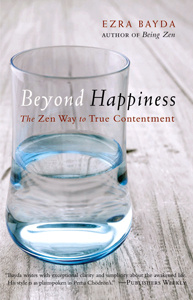




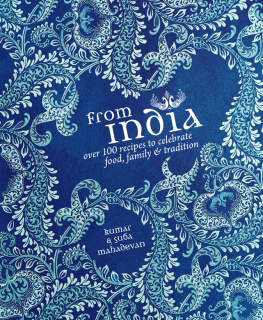


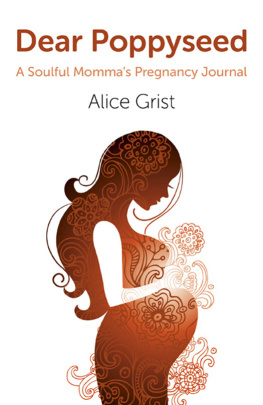

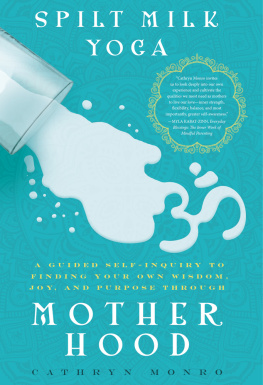
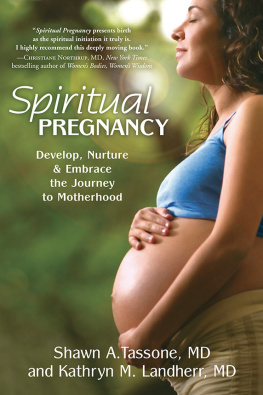
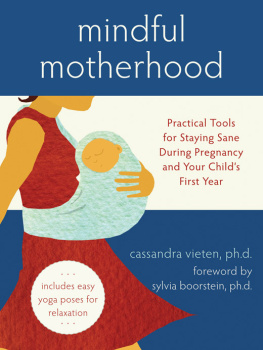

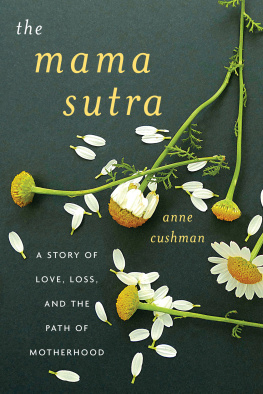
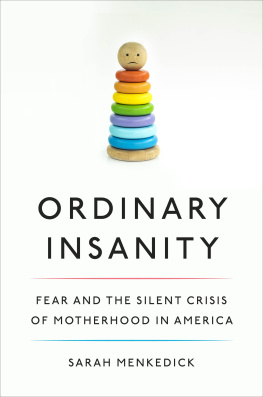
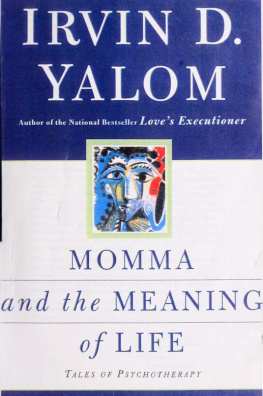
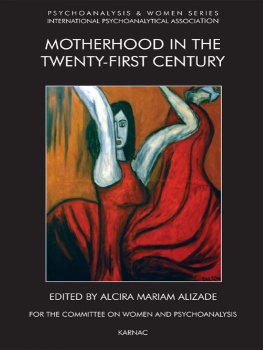


 TRUMPETER Boston 2011
TRUMPETER Boston 2011